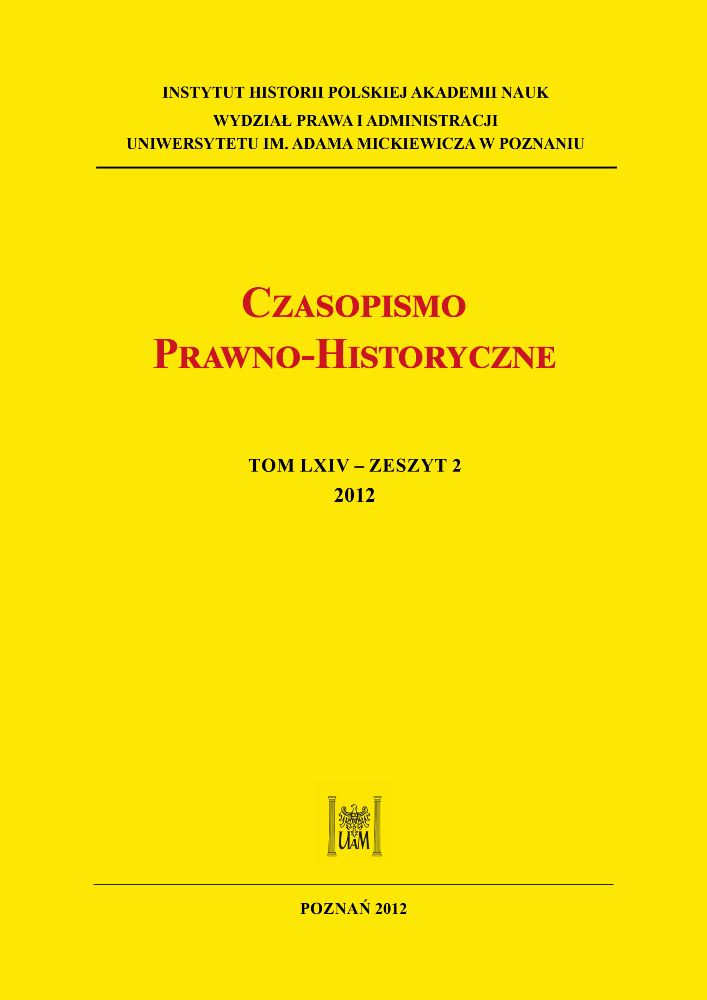Abstrakt
The concept of the state of law is not only of historical importance, but it also plays a significant role in the contemporary political and legal though. In particular, it has become one of the elements of the legal order that prevail in the European Union member States. The concept of the state of law originated in the German legal doctrine in the first quarter of the 19th century. It drew from the Kant’s idea of a reason-guided society. The fullest definition of the idea of the state of law was probably explained by Robert von Mohl in his work “Encyclopaedia of Political Sciences” published in 1859. The ideas it contained, however, had been known already in the thirties of that century. According to Mohl, the state of law is not a form of state, but rather a certain order of rights and duties of the state towards its citizens as well as the citizens towards the state. Hence it does not matter whether a state is a monarchy or a republic. There are many controversies when it comes to the history of the state of law. Among the main ones is the question whether the criteria of the state of law are of a formal or substantial character. The formal conception of the state of law prevailed in the 19th century Germany and the Weimar Republic. Since the Second World War and the negative experience with a totalitarian state, both fascist and communist, it has been accepted that there is no state of law without a minimum, rather broader than narrower, of citizen’s rights and institutions that secure them. The paper presents the origin and development of the concept of a state of law and compares it with the concept of the rule of law.
Licencja
Copyright
© 2012 Wydział Prawa i Administracji UAM w Poznaniu
OPEN ACCESS




